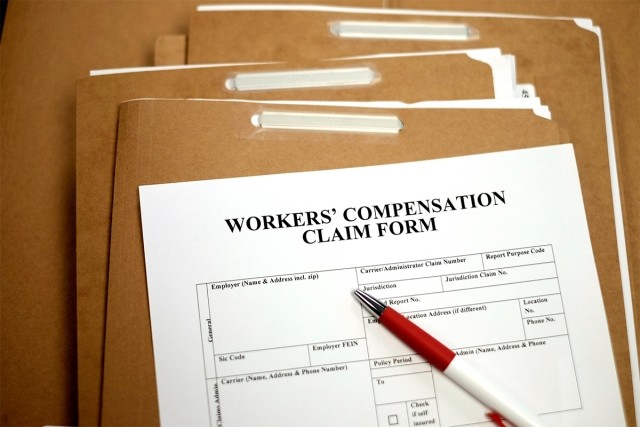Blog
Windshield Damages: Repair or Replace?
Your car windshield can easily become damaged.
If a piece of cargo falls off a truck on the road, debris could strike your windshield. A rock or a bit of gravel that was caught under a truck's tire treading could fly toward your windshield. Flying objects like a softball, golf ball, or even a bird could hit your windshield.

Even certain weather conditions can cause your windshield to expand and contract. For example, you may pour hot water on a frozen windshield to help thaw it out. You may have powerful air conditioning blowing on the windshield interior on a 100-degree summer day. Or a hailstorm could cause your windshield to crack.
| These events could cause major damage to your windshield, requiring you to replace it. However, you may be able to repair minor damage. |
In some cases, your busy schedule may keep you from reporting and repairing a damaged windshield. If the damage isn’t in your line of vision and doesn't disrupt your driving, it's tempting to continue driving with it. But resolving the damage early by repairing your windshield is usually the safer—and cheaper—option.
Is Your Windshield Repairable?
With early action, you can save yourself and the company some money by having these minor damages fixed, without having to replace the entire windshield. Most fleet policies will have an endorsement that states: “No deductible will apply to glass damage if the glass is ‘repaired’ rather than ‘replaced.’” This statement means you won’t have to pay your comprehensive deductible when filing a claim.
How do you know what damage is repairable? Auto glass companies look at three main factors to determine this:
- Location: The damage cannot be in the driver’s line of vision or in front of a camera or sensor because the solution used to repair the chip or crack creates a blurry spot. The damage should also not be around the edges of the windshield. If it's too close to the perimeter, it can create a greater risk of total windshield failure in the event of an accident.
- Length of a crack: Damage should not exceed the length of a dollar bill, and a chip’s diameter should not exceed the size of a quarter. You may need to replace your windshield if the damage is longer or larger.
- Depth of the crack/gouge: Damage should not penetrate or have created a hole in the windshield.
Auto glass companies will repair up to three chips on your windshield. They will repair a chip/crack combo where a crack has developed from the chip and is less than the size of a dollar bill. When in doubt, reach out to an auto glass technician who can verify if your damages can be repaired versus having to replace your windshield.
Early Action Is Key
Driving with a damaged windshield can be illegal—check with your state law for specifics. In California, for example, you can be cited if the damage on the windshield or rear window impairs your vision to the front or rear.
Repairing your windshield is also a safety issue, as a cracked windshield is not as structurally stable as an intact one.
Another important reason to act quickly on windshield damage is the replacement windshield you need might not be immediately available. If your windshield is on back order, that's additional days (or even weeks) that your vehicle is out of commission.
The Impact of Windshield Repair on Your Fleet Insurance
Fleet and risk managers should review their insurance policies to ensure they include the "no deductible" wording. They should also remind their drivers that windshield repair is an inexpensive option that can be scheduled around their workday.
| We've heard from clients who've had drivers ignore small windshield chips. With changes in the weather, those chips turned into long cracks that required windshield replacement. An earlier call and repair would have prevented a small problem from becoming a larger problem. |
Report windshield damage to your broker. We can help you understand your glass coverage and report it to the carrier. The carrier’s glass unit will reach out to the driver to confirm the details of the damage and make an appointment for repair at a convenient time.
As noted above, windshield repair does not count toward the deductible—windshield replacement does. Windshield repair is inexpensive, and even if a company has numerous repair claims, we don't believe it will materially affect their premiums for the next year. More costly windshield replacements are more likely to affect prices at renewal.
"Wait and see" is not the best approach for glass damage. Rather, early action will help your company save money in the long run.
Table of Contents











